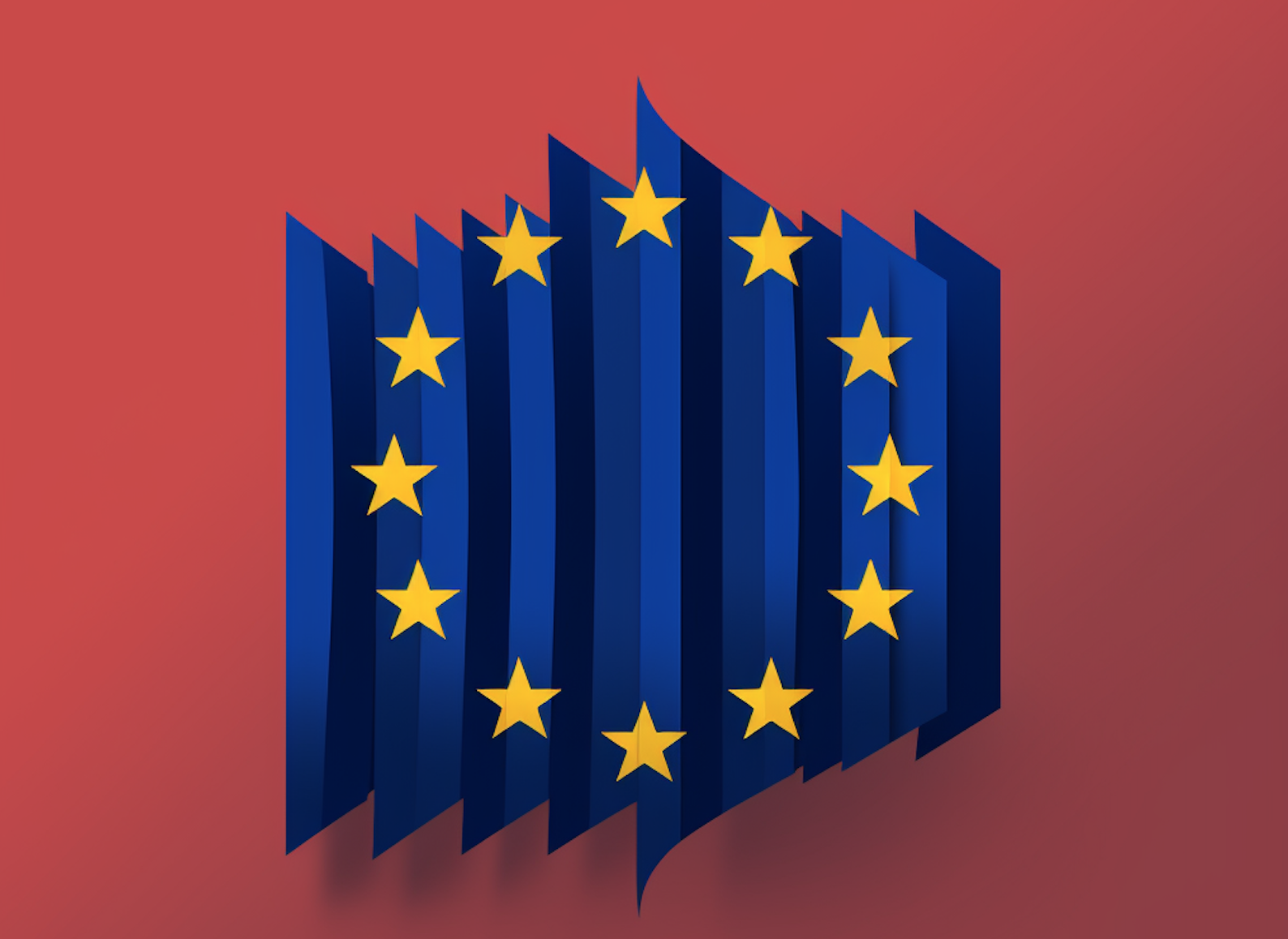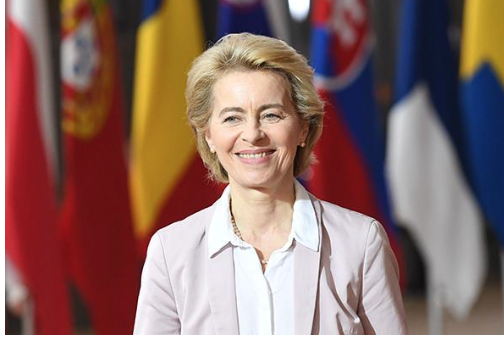Creating a Mandate for EU Policy Reform
How can broad public support for policy reforms and gridlock be overcome? The main mechanism for achieving this in political systems across the democratic world is open competition for the main executive office: the President of the Commission, in the case of the EU.

A group of distinguished policy-makers and academics have set out a manifesto for the EU ahead of the European Parliament elections in June 2024.
While this manifesto focusses on much-needed policy reforms, it says very little about what political changes are necessary.
While we support the proposed policy changes in the manifesto, we believe that it will not be possible to deliver these policies without a political mandate for such reforms and without more effective EU leadership.
A mandate will be needed to overcome inevitable popular opposition, and more effective leadership will be needed to overcome institutional gridlock.
Public support for the EU, on aggregate, has shifted remarkably little over the past decade. While the average EU citizen supports their country’s EU membership, there is no such agreement between citizens about the policy direction of the EU.
Within every member state there is growing heterogeneity: with some citizens strongly supportive of more political and economic integration, and others strongly opposed.
This growing divide within every country means that any major policy changes, even if they are agreed unanimously by the EU governments, will be opposed by large sections of the public in almost every member state.
If this domestic policy opposition is left unaddressed for a long time, it is likely to turn against the Union altogether, as we have seen in the United Kingdom. What is needed is to build support for policy changes across the EU member states, that is broader than simply amongst the governments and governing elites.

The European Parliament should elect the Commission President immediately after a European Parliament election, without waiting for the European Council to propose a candidate first
An Open Competition for the President of the Commission
The EU institutions are highly consensual: where policies can only be adopted if they are supported by majorities in multiple institutions (the European Commission, the EU Council, and the European Parliament).
On the one hand, this ensures wide support for any EU policies at least at the elite level. On the other hand, these checks-and-balances mean that the EU is prone to “gridlock” – where policy changes can be easily blocked by political minorities.
The EU has gone some way towards a more majoritarian system of decision-making, with the widespread use of qualified-majority voting in the Council. Yet, it remains difficult to build and deliver reforms across the EU’s decision-making bodies.
So, how can broad public support for policy reforms and gridlock be overcome? The main mechanism for achieving this in political systems across the democratic world is open competition for the main executive office: the President of the Commission, in the case of the EU.
There are two options here: either the indirect election of the President by the European Parliament, or the direct election of the President by European citizens as a whole.
A reasonable contention is that the indirect election route has already been tried in the EU with the “lead candidates” of the main European parties ahead of European Parliament elections.
This is a start, for sure; but the way the lead-candidate process currently works is a long way from where we need to be.
Top quality politicians with European-wide name recognition have been reluctant to put themselves forward for these contests.
There has been very little media coverage of the process. And, after the last elections, the EU government chose a Commission President who was not one of the lead candidates (although Ursula von der Leyen was from the political family that won the most seats in the 2019 elections).
We envisage a very different contest: with high-profile politicians competing against each other from across the political spectrum (including Eurosceptics); and with campaigns and candidate debates in every member state (rather like the primaries system for the US presidency).
This could be through a beefed-up lead-candidate process and election, which removes the power of the EU governments to stitch-up the process in a back-room deal. The European Parliament should elect the Commission President immediately after a European Parliament election, without waiting for the European Council to propose a candidate first.

Further policy integration is neither possible nor desirable without a major step towards a more democratic EU
A Two Rounds Direct Election
An alternative model would be a direct election of the Commission President. This could be conducted in two-rounds: with the first round taking place at the same time as the European Parliament election, and a second round taking place two weeks later.
In either model, candidates should campaign right across the EU, present their goals and plans (preferably in multiple languages) and would then be elected by the citizens. Developing a political mandate for European policies can come only through the hard work of allowing democratic politics to unfold.
Sure, a more open contest for the Commission President is potentially high risk for the EU. A Eurosceptic candidate might win, who wants to reign in the EU’s policy powers and hand competences back to the member states.
But, if that happened, that would be the choice of European citizens. And pro-European forces would have to mobilize to win the next contest. That’s the beauty of democracy: it creates a mandate, but any mandate is time-limited.
The losers of one election have a chance to win the next election. And, in the meantime, the checks-and-balances of the EU would ensure that any directly elected President would still need to build broad coalitions to pursue their policy agenda.
There is widespread agreement that the EU needs policy reform to meet the new challenges facing our continent. But, it is our view that further policy integration is neither possible nor desirable without a major step towards a more democratic EU, which in practice means a more open, politicized, and directly accountable contest for the most powerful political office in the EU.
Yann Algan, HEC Paris
Catherine de Vries, Bocconi University
Martial Foucault, Sciences Po, Paris
Fabio Franchino, University of Milan
Simon Hix, European University Institute
Martin Kahanec, Central European University
Thomas König, University of Mannheim
Nikitas Konstantinidis, IE University
Sandra Léon, Carlos III University
Gail McElroy, Trinity College Dublin
Abdul Noury, New York University Abu Dhabi
Mihai Paunescu, National School of Political and Administrative Studies
Dóra Piroska, Central European University
Anne Rasmussen, University of Copenhagen and Kings College London
Jan Rovny, Sciences Po, Paris
Guido Tabellini, Bocconi University
Janne Tukiainen, University of Turku
IEP@BU does not express opinions of its own. The opinions expressed in this publication are those of the authors. Any errors or omissions are the responsibility of the authors.